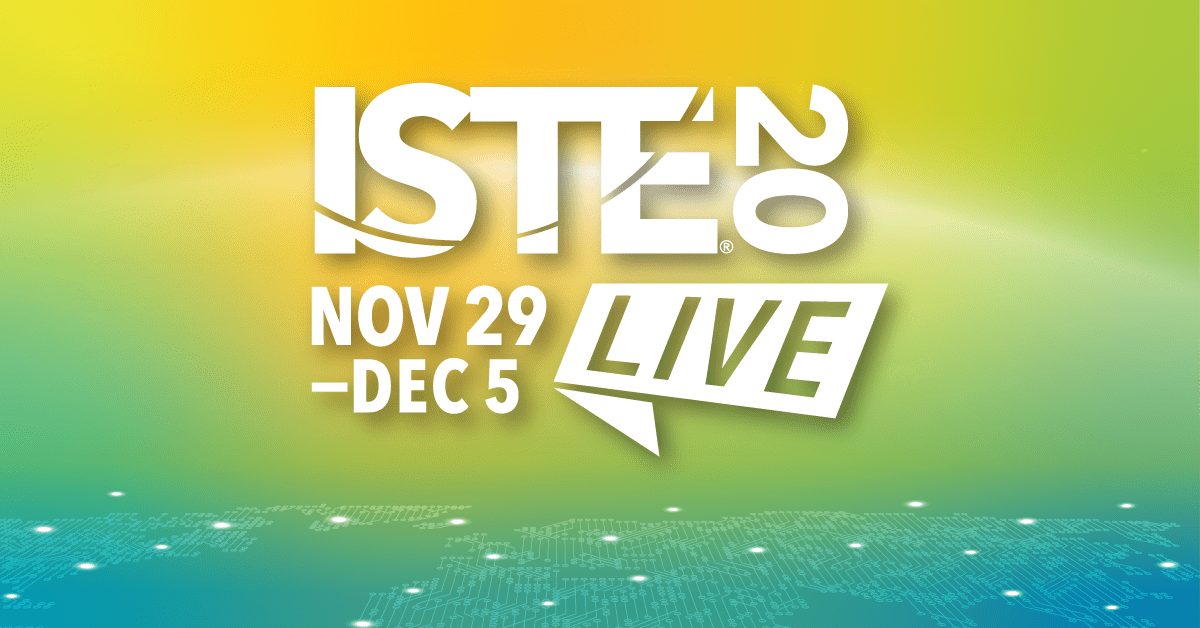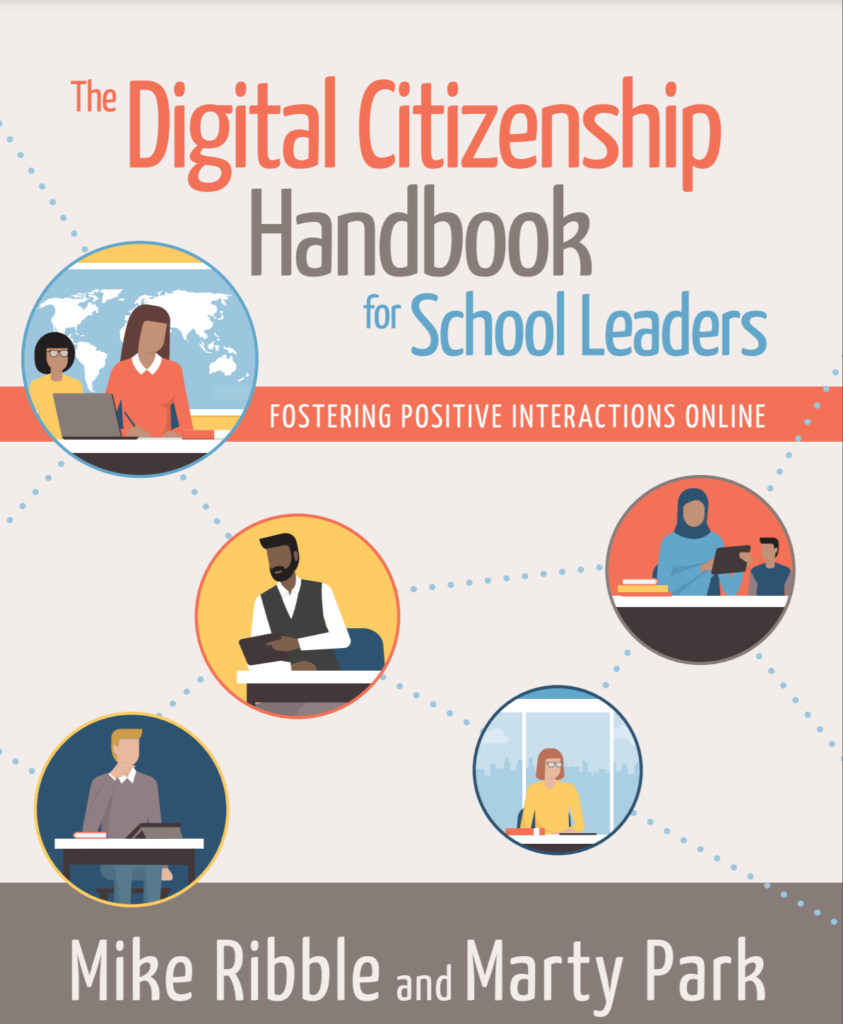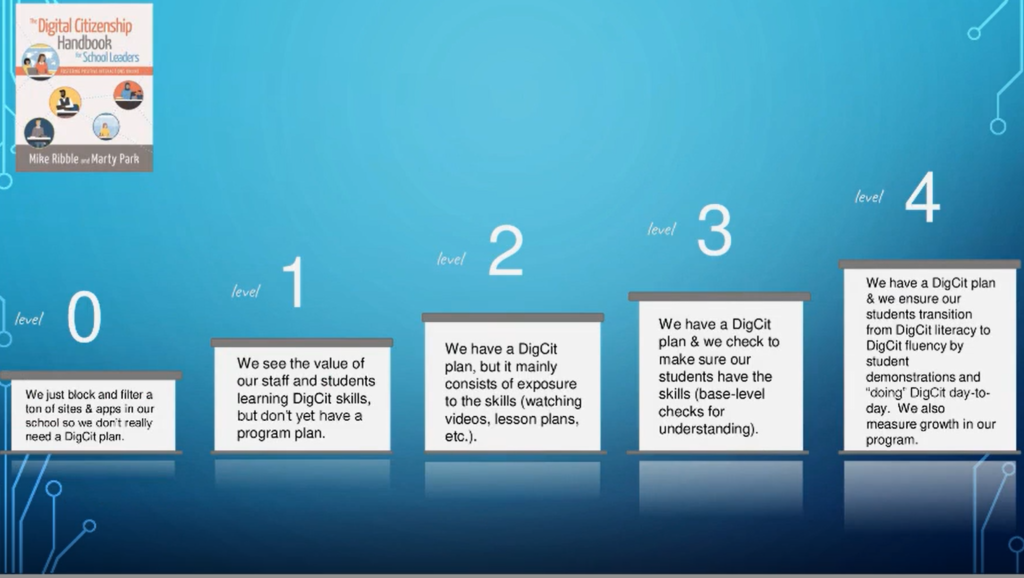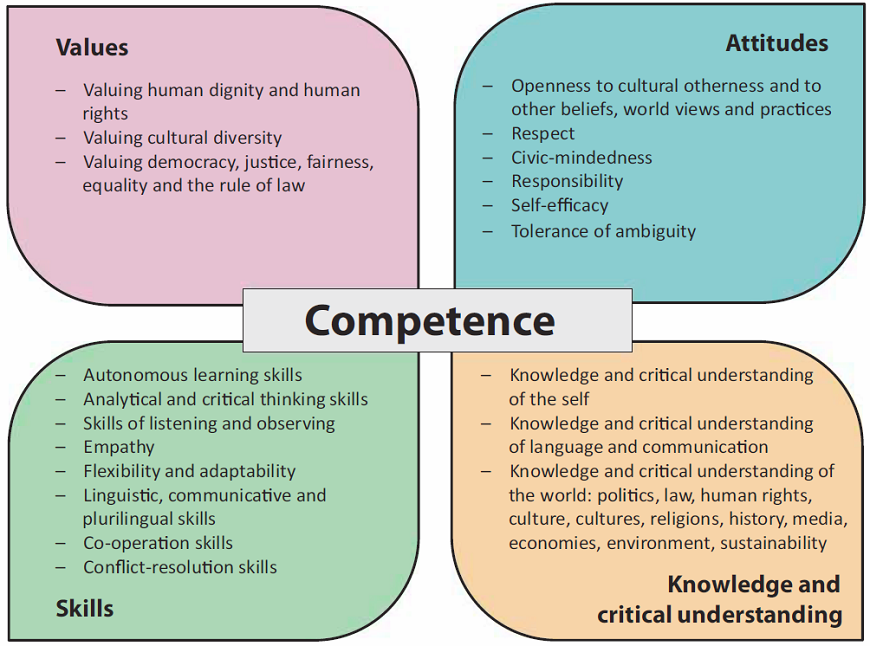Digital Citizenship

*This post has been written as part of my professional growth plan through my #ISTE20 scholarship.
The most important skill of the digital age
Presenter: Alan November
Overview: “There is overwhelming research that the majority of our students do not have strategies to to validate if online content is true or false.. Come and learn how to design highly creative assignments that cover the curriculum and teach students to be web literate!“

Main Takeaways:
- URL formats can tell users what type of author is associated with that content
- .org , .edu , .co , .com
- punctuation such as ~ , – , \ , /
- The format of your search term determines what type of results you will get
- Are dogs better than cats? VS Are cats better than dogs?
- site.edu at the end of a search term will bring up results from universities, research hospitals, etc
- site.gov at the end of a search term will bring up results from government agencies
- site.K12*cdn at the end of a search term will bring up results for K12 education websites from Canada
- you can change the site code to bring searches from another country to get the search results from their perspective
- Google’s algorithm is designed to show results aligned with your interests and viewpoints
- You can find balanced results by changing search terms
- Cat dog debate
- Do not search in full sentences: no adjectives, no adverbs,
- Searching by file types allows students/educators to find content from multiple educators to showcase different perspectives
- WolframAlpha is a computational search engine
- It generates content compared to Google that searches existing content
- Ex: searching for Macbeth will bring up an analysis of:
- how many words, common words, character frequency based on acts, important quotes, etc
- The most important skill for teachers is to teach the grammer and syntax of effective search term
Further Resources:
- November learning website
- Teaching Zack to Think (original post written in 1998)
- Mission Critical: How educators can help save democracy
- Archive.org and the Wayback Machine
- Why do students pick Teacher A or Teacher B
- The advanced Google searches every student should know
- Power searching with Google course
- Google Advanced Search Operations chart
- Right question institute
Footprint foothold: helping students manage their online reputations
Presenter: Dr. Sean Coffron
Overview: “In the contemporary digital landscape, it has become increasingly important that students are not only effective consumers of digital information but also informed participants in the digital community. Learn strategies for facilitating conversations about students’ digital footprints and the permanence of their online reputations.“
Main Takeaways:
- All staff and students should Google their name (both search and image search) regularly
- were the results relevant to your current situation?
- professional or personal?
- irrelevant results?
- How do people perceive you? Who is your audience (intended and accidental)
- What type of accounts do you have? How often do you use them? For what purpose?
- What privacy settings do you have in place?
- Are you familiar with the TOS agreement?
- 54% of children state that their parents would be more worried about online activity if they knew what they were participating in
Further Resources:
Digital citizenship for leaders: everyone is a leader

Presenter: Dr. Mike Ribble
Overview: “Digital citizenship has been identified as a needed skill for educational leaders, but few know where to start. Move beyond the terms and buzzwords and learn about the resources that students need both in the classroom and the community.“
Main Takeaways:
- Three main areas: safe, savvy, and social


- SAFE
- taking precuations to protect yourself and others from the risks of danger or injury
- security devices (who has access to our lives?), texting and driving,
- SAVVY
- “netiquette”
- phishing attacks
- determining authenticity of online information
- SOCIAL
- creating cooperative and interdependent relationships and understanding of others
- Ensure your Student Services students are being included in Digital Citizenship in a way that aligns with their needs
Further Resources:
The next learning topic on my professional growth plan is “Leadership”.